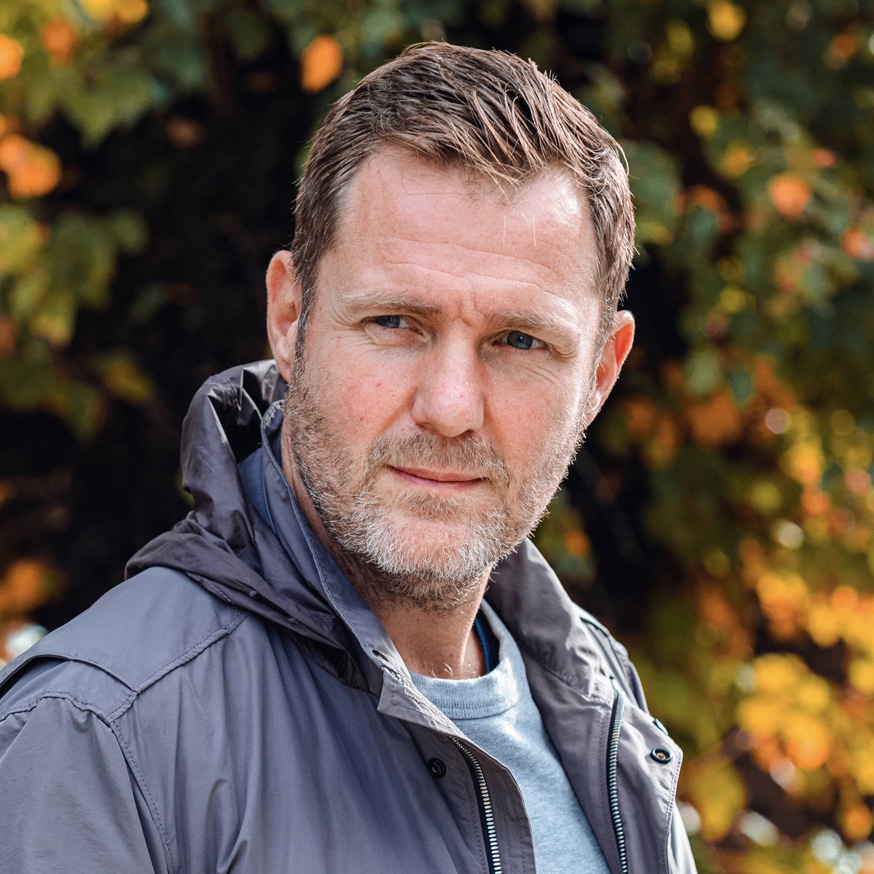#006
"Work on the business, not in the business"
Topsy-Turvy, the fastidious ghost just returned from a night at your agency to define all the new ways of working in your business.
Scribbled all over your wall in irreversible paint it reads the following Dogma…
Work above the business.
Work across the business.
But, never work against the business.
When you’re doing your accounts work astride the business.
And if you’re in Operations, make sure to work beneath the business so that you can see what’s going on underneath.
Working beside the business means, you lost all control and those people you called your team are taking over - buddy!
If you’ve been fantasising about a threesome, work between the business.
Ooooh one for today’s aphorism… You work in the business, when you know every single detail of your co-workers' personal life, whether they know it or not.
If you’re hybrid, you work close to the business.
If you’re remote, you work far from the business.
And if you smoke weed you work above the business.
Sometimes you hear your colleague fart and you just work through the business.
The thing we say to new candidates (and they think they’ve landed on a ship): “Work on board the business!”
But please, make sure you don’t work on top of the business!
It might not bear your weight.
If you turn the office heating up too much, you will work outside the business!!
You work in between the business if you just had your second date with an employee, the day after you had your first date with another employee - ouch!
When you’re checking out that sexy profit figure, you’re working behind the business and when your FD tells you you’re actually making a loss, you’re working without a business.
If you’re still here, but don’t have a clue, stop trying to work out the business.
Also when was the last time you reviewed your shareholder agreement (if you have one)? Hopefully you’re still working at the business.
Now, let’s hear it from our contributors this week…
Oh and a PS. Apparently the English language has 150 prepositions and even a few postpositions!
What this week's contributors think of this aphorism?
Simon Squibb
Founder @ The Purposeful Project
"You can do both - if you’re a small business you need to do both"
Suzanne Linton
Co-founder @ Freestyle
"It is important to work out what you really want from your business"
Dines
Co-founder @ Studio Blup
"I realised when I was working in the business we weren't evolving it as much"
Andrew Dobbie
Founder @ Yoyo Design
"It’s a great piece of advice, but it’s probably one of the hardest things to do as a business owner"
Clair Heaviside
Co-founder @ Serotonin
"If you don’t follow it, your business won’t move forwards"

By Daniel de la Cruz
Chief Learner @ Polymensa
My reflections on "work on the business, not in the business"
And the smarty pants award this week goes to one of our contributors: Suzanne. Why? She spotted that this aphorism was coined by Michael Gerber in the e-Myth.
If you want a really good summary of the aphorism from Michael’s perspective and to give you more context, read this article.
The key take out for me from that article is this:
“To the Entrepreneur, the business is the product. To the Technician, the business is a place to go to work every day.”
Suzanne, I’ll send you a thumb-sized trophy in the post!
This one really sparked my interest as you generally have two different types of business:
Lead by ‘a single genius’
with many foot soldiers executing the vision
vs.
Lead by ‘a group of geniuses’
that own the vision with lots of autonomy for all employees to contribute
Michael’s theory is that it is impossible to only hire exceptionally skilled people, therefore you need to build a ‘prototype’ of your business (“working on the business”) that ordinarily skilled people can follow.
The key difference to Jim Collin’s “first get the right people on the bus” approach, is that Michael says the founders first need to create the prototype and then hire the people to execute within the set parameters.
Depending on the stage of your business, I think it’s best to hire people that can expose your blindspots. Together, you can then shape the business. At that stage, the main responsibility of the founder should be to make the final decision of the direction and equally take full responsibility if the outcome is unfavourable.
I do understand the dilemma of being a technician, especially when I think of how many designers, developers, copywriters, marketeers, videographers, etc. start agencies.
But why can’t you have a successfully growing business and still remain the chief technician. There are plenty of CTO co-founders in product businesses. You’ll just have to hire other people around you that do the non ‘technician’ jobs. As long as you give them the autonomy to make key decisions and don’t become a bottleneck. That’s more of a case of playing to your strengths.
However, I do think that you have to wear multiple hats in the early days of your agency growth journey. Until you have the funds and it’s the right time to bring people in that allow you to focus on your strengths or exit the business.
Appreciate you taking the time today to read our Polynut newsletter. Any comments, ideas or questions - feel free to reach out to me [email protected]
And a HUGE THANK YOU to our contributors for giving up their time to share their knowledge with us and providing multiple perspectives! 🙏
IMPORTANT:
There will be no Polynut released until January! I'm taking a break. So will you probably. Have a lovely holiday and an epic start to 2023.
Cheers ✌️
Daniel

The Rabbit Hole: Exploding Topics
This retailer has grown interest by 9,600%.
This ecommerce platform has skyrocketed 99x since 2016.
This gives protection to cars from scratches and has grown interest by 1,200%.
This serum apparently stops wrinkles and has had a whopping 9,500% interest increase.
I always love dabbling around Exploding Topics, it’s a fun place to find trends.
Ready to jump down the rabbit hole?

Blindspot: Are you too nice?
No seriously, is being too nice holding you back from taking your agency to the next level?
Read more






